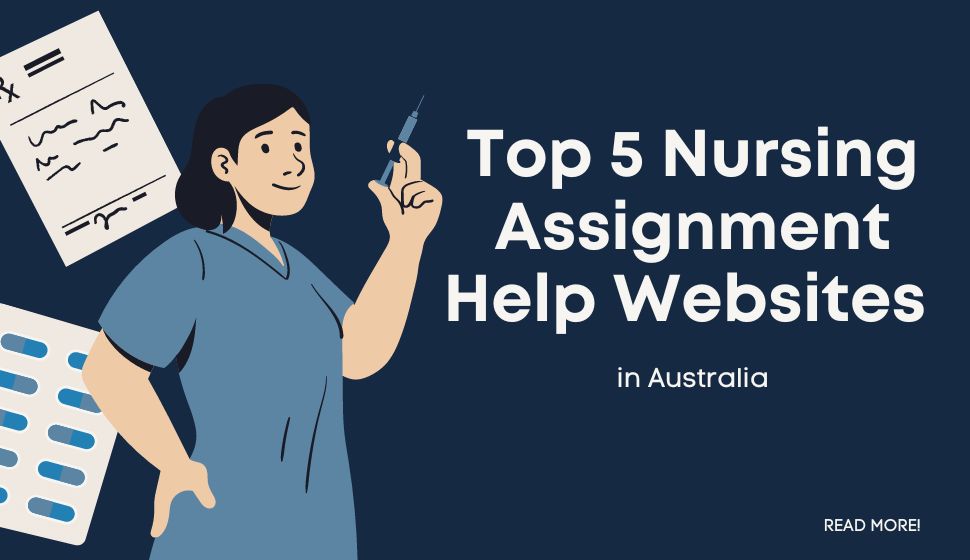Introduction
Legal Aid is an essential government-funded program designed to guarantee that everyone has fair access to legal advice and representation regardless of their financial situation. Its main goal is to close the gap between those who need legal assistance and the frequently convoluted and expensive legal system.
Legal Aid, which is managed by state governments all across Australia, is essential to advancing justice and supporting the idea that everyone, regardless of means, deserves a fair trial.
This article is your full manual for maximizing the advantages of legal aid. It will guide you through each stage of the application process for legal aid, making sure you satisfy the requirements and submit the required paperwork to have access to this important resource.
We will also go over how important it is to locate a Legal Aid attorney who can provide expert advice and counsel catered to your individual legal needs. In summary, this article seeks to equip you with the information and resources needed to successfully negotiate the legal system, secure in the knowledge that Legal Aid is there to assist you in your search for justice and legal remedies.
What is Legal Aid?
Legal Aid is a government program that offers grants of legal aid to those who would not otherwise be able to receive legal services or afford an attorney. Depending on your situation, Legal Aid can pay all or a portion of your legal costs. Although the concept of programs to increase access to legal services has existed since the early 1900s, Victoria Legal Aid’s founding in 1995 gave the concept its current shape.
How to Apply for Legal Aid
Applying for Legal Aid may vary slightly depending on the state or territory you are in, but the general process is as follows:
- Check your eligibility: Verify that you are eligible for Legal Aid before submitting an application. The Legal Aid Commission, which is in charge of overseeing Legal Aid, is unique to each state and territory. To find out if you qualify, you can check their websites or get in touch with them personally.
- Gather the necessary documents: You must provide a number of supporting papers with your claim for legal aid. These could include identification, bank statements, and other pertinent legal records.
- Complete the application form: Once you have gathered all the required paperwork, you may start filling out the application. The Legal Aid website typically has printable forms that can be downloaded or completed online.
- Submit your application: Fill out the application form and deliver it to the relevant Legal Aid office in your state or territory together with the necessary paperwork. Depending on your situation, you might also need to pay a minor application fee.
- Wait for a decision: Upon reviewing your application, Legal Aid will decide whether to accept it or not depending on your eligibility and the strength of your case. Be patient during this procedure and, if required, follow up with the Legal Aid office.
- Appeal a decision: You have the option to challenge the decision if your request for legal aid is rejected. For details on the appeals procedure and any extra measures you might need to take, get in touch with the Legal Aid office.
Finding a Legal Aid Lawyer
Once your application for Legal Aid has been approved, you will need to find a Legal Aid lawyer to represent you. Here are some ways to find a suitable lawyer:
- Contact your local Legal Aid office: A list of solicitors willing to take on Legal Aid cases can be obtained from the Legal Aid office in your state or territory. They can also assist you in finding a lawyer with expertise in the field of law that pertains to your particular situation.
- Ask for recommendations: Ask someone you know who has already utilized Legal Aid for recommendations. They might be able to give you the name and number of a lawyer who can support you in your case.
- Search online directories: Legal Aid solicitors are specifically listed in many legal directories. Use these directories to look up local solicitors who provide Legal Aid services.
- Contact community legal centers: Community legal centers and Legal Aid frequently collaborate, so they might be able to give you information on where to contact a Legal Aid attorney.
Conclusion
Finding a Legal Aid lawyer and submitting an application can be difficult tasks, but with the correct knowledge and tools, you can receive the assistance you require. By following the instructions in this article, you can improve your chances of getting the legal assistance you need. Legal Aid is intended to give access to justice to those who cannot pay it.
Consider contacting Assignment Unlocked, an Australian organization that specializes in offering academic support to students studying criminology law assignments, if you need criminal law homework help. They can aid you with your assignments and improve your comprehension of the material.
Call Assignment Unlocked right away for help with your criminology law assignment. You can get the help and direction you need from their team of subject matter experts to excel in your academic pursuits.






